Residency Rules
CAN A CANADIAN OWN PROPERTY IN THE UNITED STATES WITHOUT BEING A RESIDENT OR A CITIZEN?
Yes, a Canadian can own property in the United States without being a resident or a citizen. There are no residency requirements attached to owning property in the U.S.A.
ARE THERE ANY RESIDENCY RULES FOR A CANADIAN WHO OWNS PROPERTY IN THE U.S.?
The residency rules apply strictly to taxation. If you spend time in the United States you may have to file a U.S. tax return depending upon your status as defined by the United States.
WHAT IS THE MAXIMUM NUMBER OF DAYS I CAN SPEND IN THE UNITED STATES WITHOUT HAVING TO FILE A U.S. TAX RETURN?
If you stay in the U.S. for less than 31 days in a calendar year you are considered just a visitor and you do not need to worry about any U.S. tax obligations. In addition, in most cases if a Canadian has never spent more than 121 days in the U.S. in any tax years, he/she will never be considered a U.S. resident under the substantial presence test.
WHAT IS THE SUBSTANTIAL PRESENCE TEST?
The substantial presence test is a formula used to determine whether or not you will be considered a U.S. resident for tax purposes. To be considered a U.S. resident for tax purposes you must be physically present in the United States on at least:
- 31 days during the current year and
- 183 days during the 3-year period that includes the current year and the 2 years immediately before that counting:
- All the days you were present in the current year, and
- 1/3 of the days you were present in the first year before the current year, and
- 1/6 of the days you were present in the second year before the current year
If all of this sounds very confusing, you're right, it is. Remaining in the United States for too many days will subject you to U.S. taxation and that can be very costly. Contact C2 Global Law before you purchase a property. We can advise you on the residency rules as they apply to taxation and save you substantial money and aggravation.

